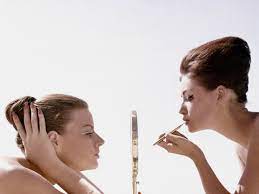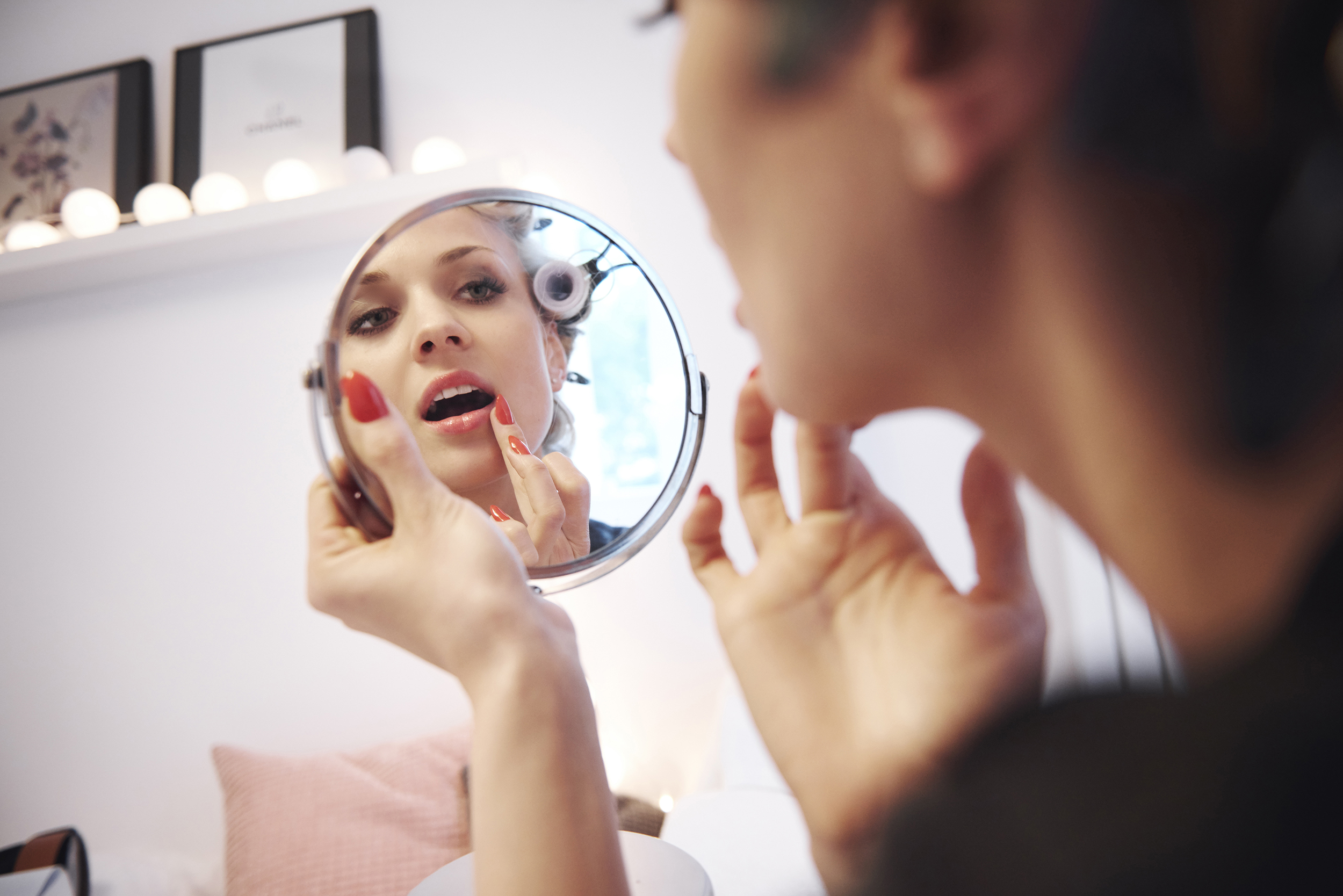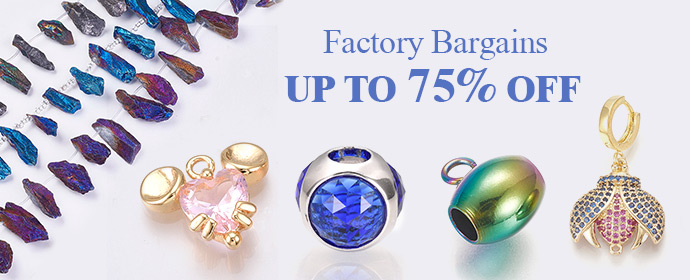Painting Happiness: The Positive Effects of Makeup on Your Mental Health.
Makeup, for centuries, has been more than just pigments and powders; it’s been a means of self-expression, an art form, and a tool to enhance beauty. Beyond its physical effects, makeup also plays a significant role in boosting mental health. In this blog, we will delve into the fascinating world of makeup and explore how the act of applying makeup can have a positive impact on one’s mental state and self-esteem.

The Power of Self-Expression
Makeup is a form of self-expression, allowing individuals to convey their uniqueness and creativity. The act of selecting colors, textures, and styles enables people to reflect their inner thoughts and emotions on their canvas – their face. This creative process can be immensely satisfying and empowering, which can have a direct influence on mental well-being.
In a world where we often conform to societal norms, makeup offers a platform to break free and showcase our individuality. Whether it’s experimenting with bold eyeshadows or choosing a lip color that reflects your mood, makeup is a means of telling the world, “This is me, and I’m proud of it.” The simple act of self-expression can result in increased self-esteem and a more positive outlook.
Boosting Confidence
One of the most immediate effects of makeup is the boost in self-confidence. When you look in the mirror and see a version of yourself that you find more attractive or put-together, it can significantly improve your self-image. Makeup has the power to conceal imperfections, highlight one’s best features, and create a polished appearance, all of which contribute to a confidence boost.
This surge in confidence extends to various aspects of life. Whether you’re heading to a job interview, going on a date, or attending a social event, feeling confident in your appearance can positively impact your performance and interactions. Knowing that you look your best can reduce anxiety and enhance your ability to face challenges with poise and self-assuredness.
Self-Care and Ritual
The process of applying makeup can be a form of self-care and a daily ritual. It’s a few moments in the day when you can focus solely on yourself, paying attention to the details and embracing a sense of mindfulness. This dedicated “me-time” fosters relaxation and self-reflection, allowing individuals to escape from the stresses of daily life.
Many people find solace in the repetitive, soothing motions of applying makeup. It’s a time to concentrate on the present moment, to appreciate your own beauty, and to prepare yourself to face the world. This ritualistic aspect of makeup can be particularly beneficial in reducing stress and enhancing mental well-being.

Social Confidence and Interaction
Makeup can also play a pivotal role in enhancing social confidence and interaction. When you feel good about your appearance, you’re more likely to engage with others more openly and confidently. This increased social ease can result in stronger connections and more fulfilling relationships.
Makeup can also be seen as a social tool. For many individuals, it’s an essential part of their identity and a way to fit into specific social groups. Sharing makeup tips and experiences can lead to the formation of supportive communities where like-minded people come together. These social bonds can be incredibly beneficial for mental well-being, providing a sense of belonging and camaraderie.
Mood Elevation
It’s no secret that looking good often equates to feeling good. Makeup can have an immediate mood-lifting effect. When you see yourself in the mirror after a successful makeup application, it can bring a smile to your face and boost your overall mood. The compliments and positive reactions from others can further reinforce these positive emotions.
The psychology behind this mood elevation is linked to the concept of the “lipstick effect.” This phenomenon suggests that during difficult times or economic downturns, people tend to spend more on small indulgences like makeup, which makes them feel better about themselves. The simple act of applying makeup can create a sense of normalcy and routine in challenging times, leading to improved mental well-being.
Makeup as a Form of Self-Care
In recent years, makeup has been redefined as a form of self-care. Self-care involves taking deliberate actions to prioritize your physical, mental, and emotional well-being. Applying makeup can fit into this category, as it’s an act of self-indulgence that fosters self-love and self-appreciation.
Taking the time to select products that feel luxurious and pampering your skin with high-quality cosmetics can be a therapeutic experience. It’s a way to invest in your well-being, much like practicing yoga or getting a massage. The satisfaction derived from the act of self-care through makeup application can lead to an overall improvement in mental health.
Balancing Perspectives
While the positive impact of makeup on mental well-being is evident, it’s essential to acknowledge that makeup should not be a substitute for self-acceptance or self-esteem. True self-confidence and mental well-being should be rooted in self-acceptance and self-love, rather than relying solely on external enhancements.
Makeup can be a wonderful tool to complement your self-esteem and enhance your mood, but it should not define your self-worth. It’s important to maintain a balanced perspective, understanding that makeup is a choice, not an obligation. You are beautiful with or without makeup, and it’s crucial to appreciate your natural beauty.
Conclusion
Makeup is not just about aesthetics; it’s about self-expression, self-confidence, self-care, and mood enhancement. The act of applying makeup can have a profound impact on one’s mental well-being, helping individuals feel more confident, relaxed, and positive. It’s a personal choice that can empower and uplift.
However, the key to a healthy relationship with makeup lies in balance. While makeup can be a valuable tool for enhancing mental well-being, it should not overshadow the importance of self-acceptance and self-love. Your beauty is not defined by makeup; it’s an artful addition to an already remarkable canvas – you.
-Images from Google.
Also Read:
Recommend0 recommendationsPublished in Health, Makeup, Our Fashion Passion




